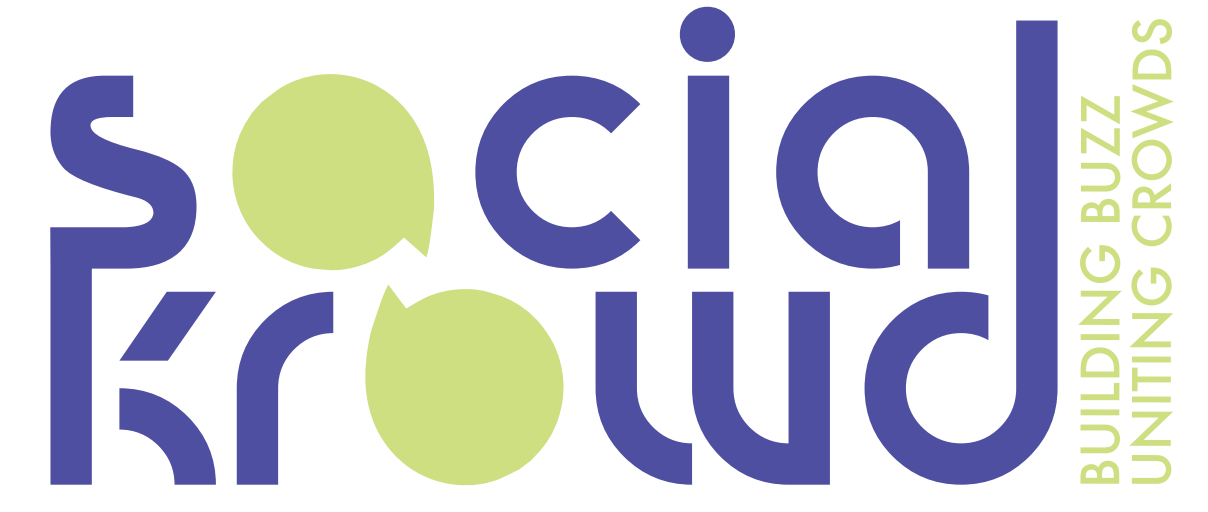Think technology trends or artificial intelligence, ChatGPT is most probably the first word that strikes you. This is where the social media giant, Meta who has just shaken up the world of AI, would like you to think again! Mark Zuckerberg recently unveiled Meta’s very own AI chatbot, Meta AI which is an ensemble of snazzy features integrated into its messaging platforms. The brand hopes to create magic and get second-time lucky with Meta AI, the successor of M, Meta’s short-lived digital assistant that did not quite make the cut.
Meta, which aspires to be the powerhouse of generative AI research, describes the chatbot as “your basic assistant that you can talk to like a person.” Well, not really ‘any’ person; in fact, you can choose from a roster of 28 AI-powered personas with a whole range of distinct characteristics, interests, opinions and backstories, which (wait for it) are embodied by real-life celebrities such as Naomi Osaka, Paris Hilton, Snoop Dogg and the likes.
Imagine waking up in the morning to have Kendall Jenner sliding into your DMs to plan an itinerary for your upcoming trip or dish out beauty tips to fight acne! All such conversations can be sparked via any of your preferred apps – WhatsApp, Instagram or Messenger. Although Zuckerberg, in an interview, said that while celebrity chatbots run high on entertainment value, there are safety concerns such as consent issues and a dearth of control over the usage of their image and voice to propagate controversial ideas.
Meta AI differs from Chat GPT in more ways than one, beginning with its collaboration with Microsoft’s search engine, Bing and being powered by its own large-language model, Llama2. The generative AI features churn out succinct answers to questions posed by the users by leveraging the power of Bing to sift through real-time data. Their technology is also capable of generating photorealistic images from text prompts through a new image model, Emu (Expressive Media Universe). As opposed to being a general-purpose chatbot like Open AI’s ChatGPT, Meta AI is customizable and provides users with a unique experience tailored to specific platforms. Though, as with ChatGPT, the answers served up are only as good as the prompts provided.
A beta rollout of the chatbot followed the launch of Meta’s Quest 3, the first mainstream mixed-reality headset, which allows one to blend the digital world with physical space. Fancy solving a Lego puzzle on your newly purchased coffee table? Snapping on Meta’s Quest 3 is all you need to do! The headset will help you seamlessly interact with virtual objects, immersing you in a world of mixed reality. Along with Quest 3, an array of other generative AI products – stickers, editing tools and artificial intelligence powered smart glasses debuted at Meta Connect 2023.
In collaboration with eyewear brand Essilor Luxottica, the Ray-Ban smart glasses are your window to the future of metaverse. The pioneering partnership unleashed a stylish and comfortable design along with advanced audio and cameras, offering a wide selection of over150 frame and lens variations. You can even livestream your experiences hands-free from the glasses to social media platforms, engaging with your community in immersive ways nobody dared to imagine.
Meta plans to notch the AI game up by introducing “whispering features”, an attribute that powers two-way communication and lets viewers whisper in the ears of the creator. What else is in store for the world? Meta has announced the launch of a sandbox tool that broadens access to generative AI tools and enables users to experiment, develop and test their own AI. Yes, you read that right! Innovation, indeed, knows no bounds in today’s times.
Though Open AI and Google may have had the early mover advantage in the realm of AI, owing to Meta’s scale and accessibility, it seems highly plausible that Meta AI would go down in history as the AI assistant used by a large majority of people across the world.


